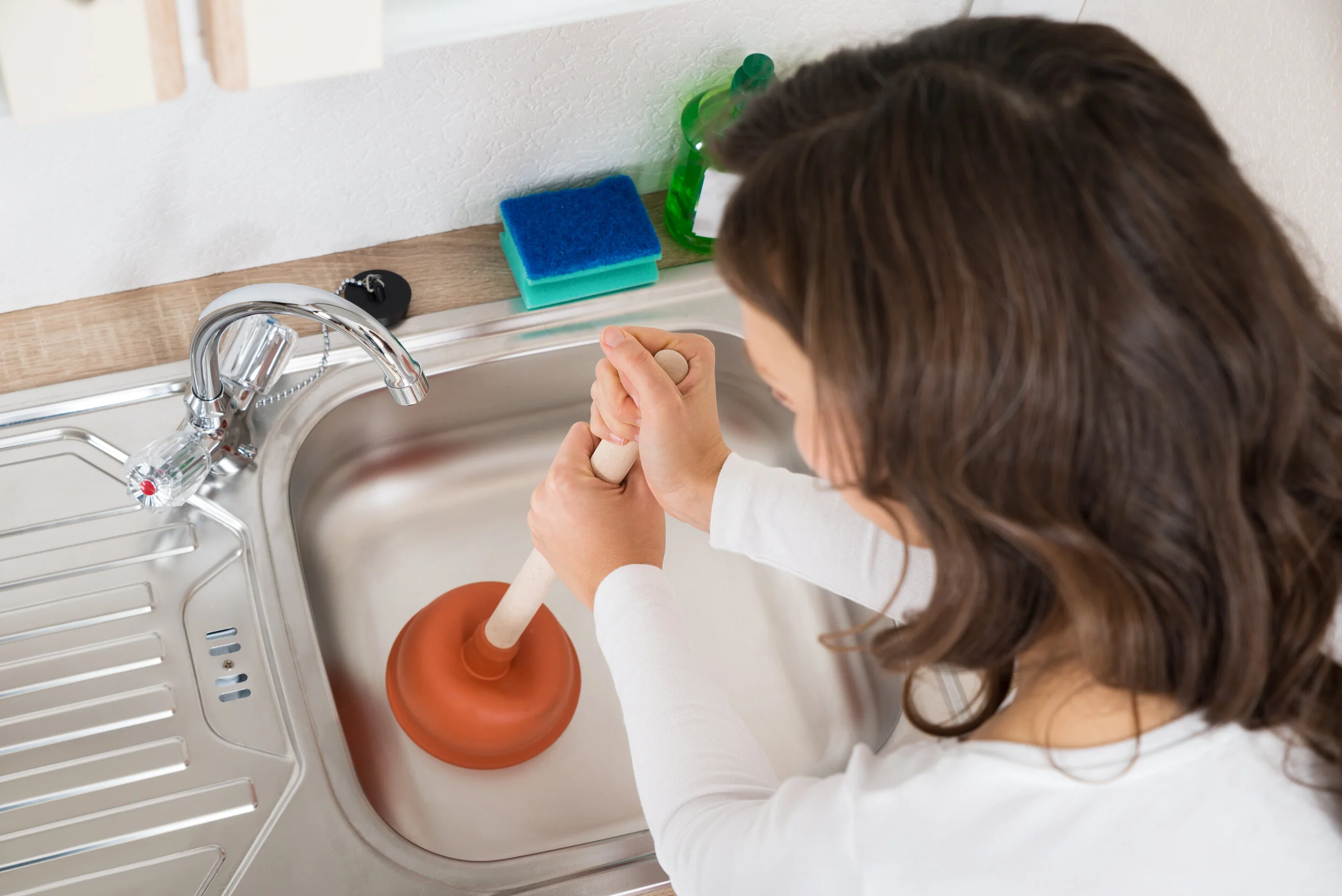As a new homeowner, it’s hard you need to be prepared for some basic home repair. Having these plumbing tools can save you money and time.
Tips for Conserving Water
Removing and Preventing Limescale
Limescale isn’t bad merely because it’s unsightly. When limescale builds up in your pipes, it can cause poor water pressure; in your water heater, it can mean your tank needs more energy to keep your water warm. All in all, this means your electric bill is going to be higher throughout the month. In especially bad situations, limescale can build up in your pipes to such an extent that it blocks the flow of water altogether.
Unclogging Drains with Vinegar and Baking Soda
Going with baking soda and vinegar could be a great option if your clog isn’t too bad. Older plumbing can take some damage when exposed to particularly harsh drain chemicals. Additionally, because baking soda is a natural deodorizer, it will take care of any gross smells lingering down in your drain.
Is Tap Water Safe for Drinking?
Most health experts will tell you that unless you have underlying health concerns or there is an emergency situation, tap water is perfectly safe to drink. More importantly, it is the easiest and most cost-efficient way of getting the 8 glasses of water a day that you’re encouraged to get to stay hydrated.
NEVER Put These Things Down Your Kitchen Sink
Your trusty garbage disposal is a pretty miraculous invention, helping you break up all kinds of solid material before it washes away down your kitchen drain. Unfortunately, it might not be as miraculous as you think. While your garbage disposal definitely makes it easier to get rid of certain kitchen waste, it’s not equipped to handle everything.
Should You Adjust Your Water Heater Temperature?
You might have heard that your water heater uses up more energy than any other appliance in your home — and every time you use hot water, whether that’s for a shower, laundry, or to wash dishes, you’re using water out of that heating tank. Naturally, you’re probably thinking that if you want to cut costs on a monthly basis, changing the temperature on your water heater seems like a smart idea. After all, for every 20 degrees you lower the temperature on your water heater, you could potentially save yourself about 10% on your gas or electric bill.
Are Flushable Wipes Really Safe to Flush?
Are Flushable Wipes Really Safe to Flush? You might be surprised to learn that most wipes are not safe to flush even when they are labeled as flushable. There is no regulation surrounding the claims for flushable wipes and though there are a couple that have been tested and look promising, we believe the best option is to avoid flushing any wipes.
DIY or Call a Plumber?
With the growing popularity of home improvement shows like those on HGTV, it has become far more common for homeowners to get overzealous as to the types of projects that they can take on themselves.
Completely remodel a master bath including relocating plumbing – I’ve seen Chip and Joanna Gaines do that a hundred times!











